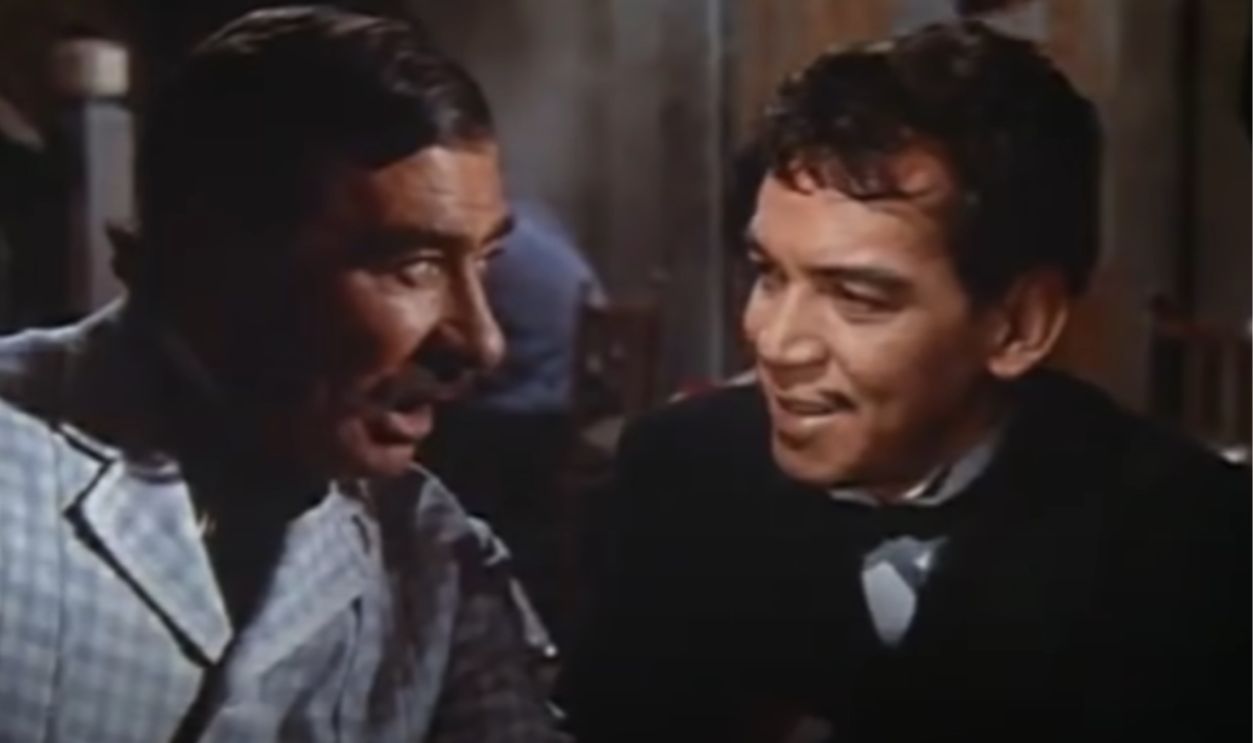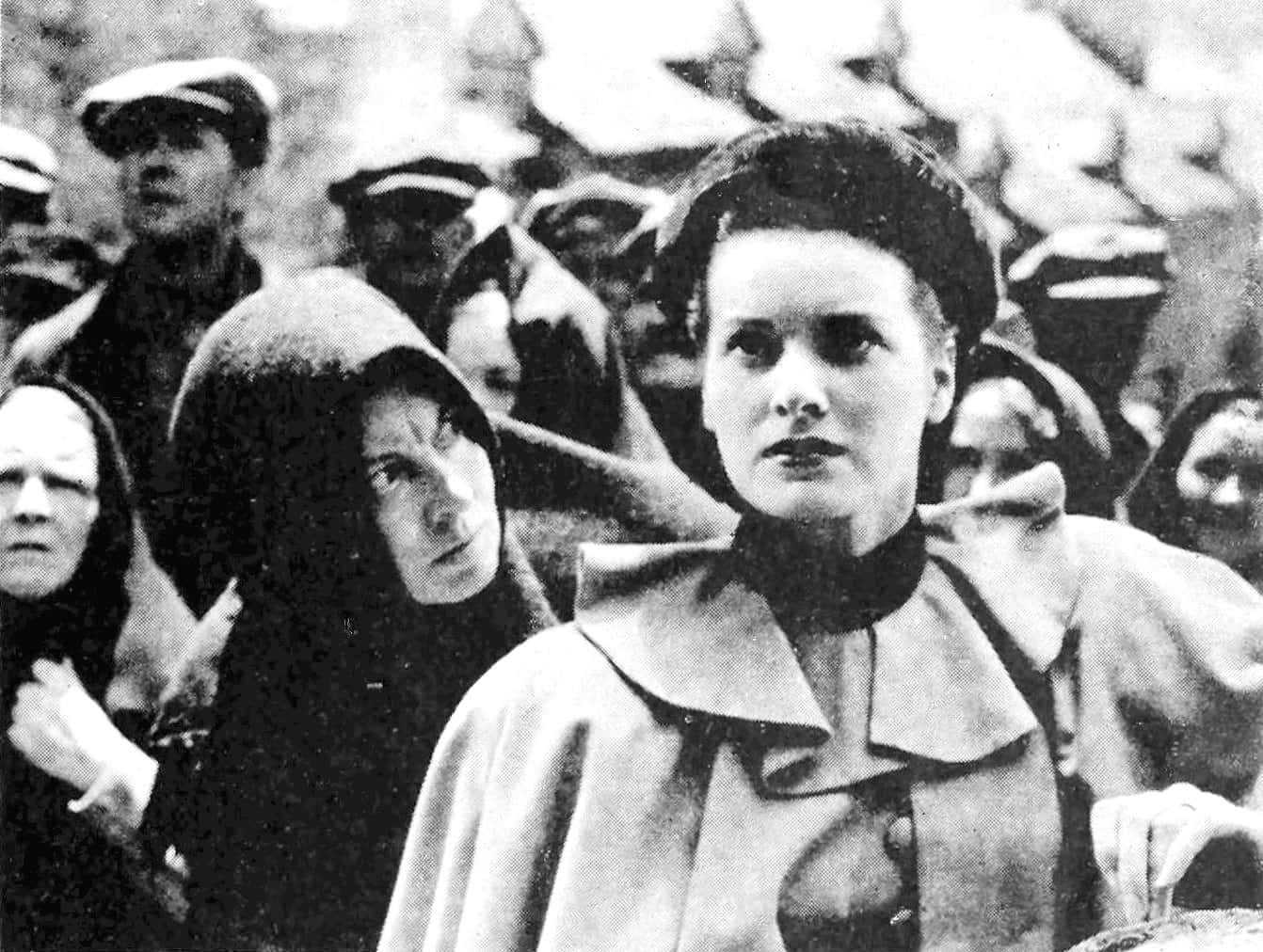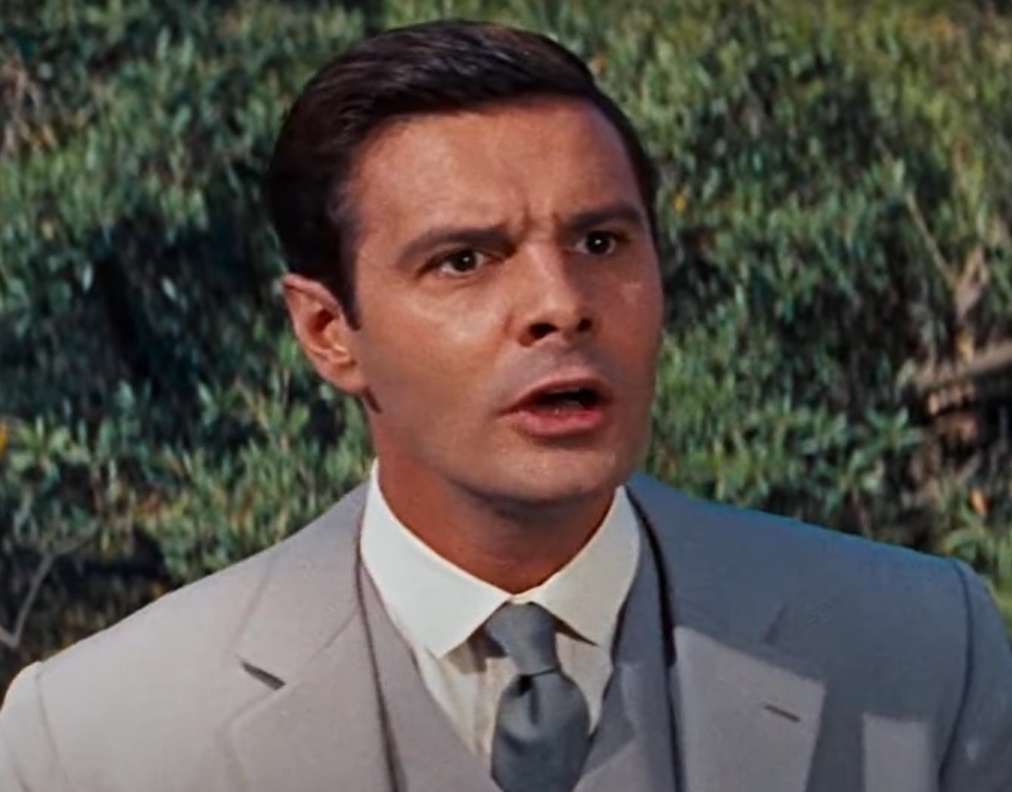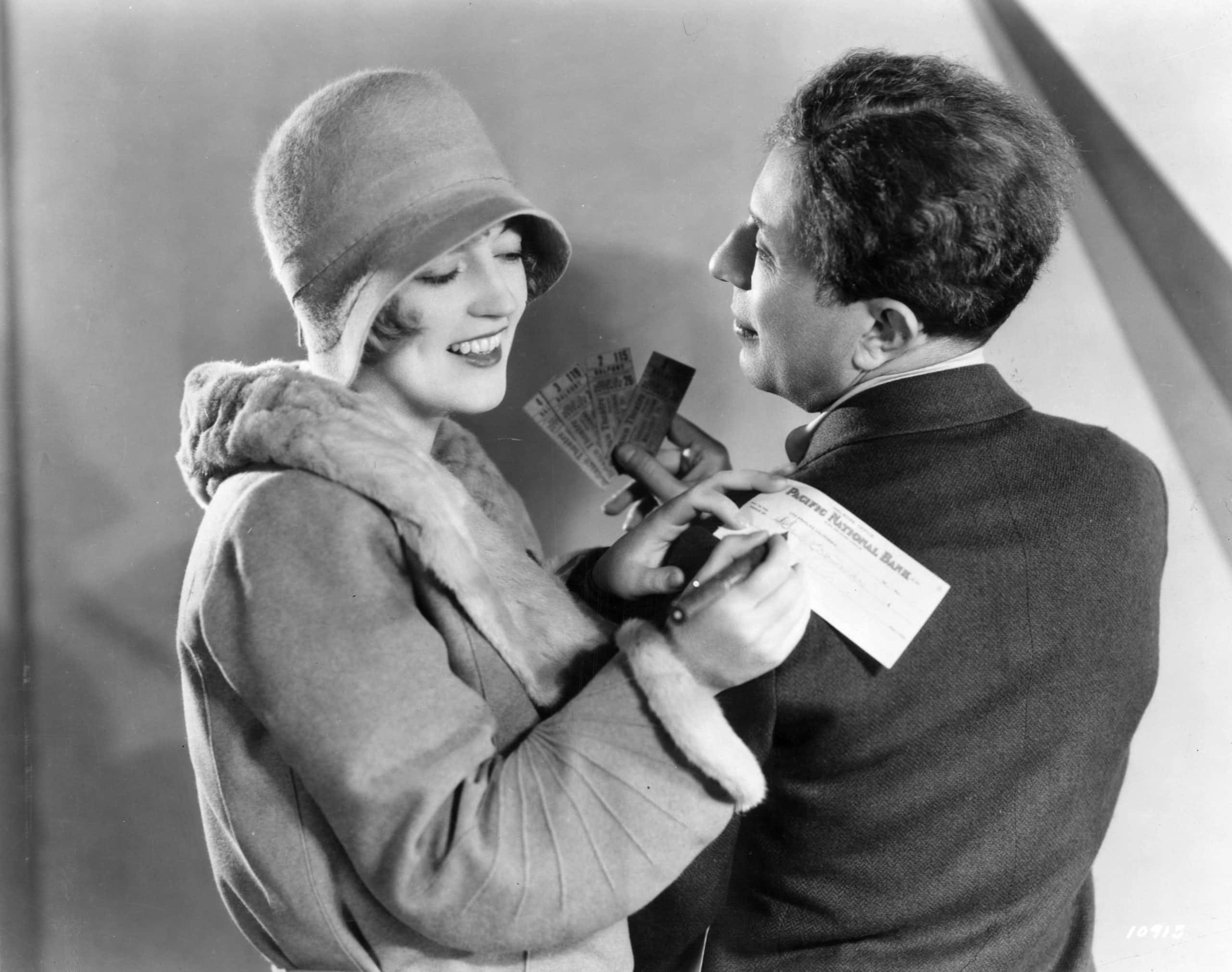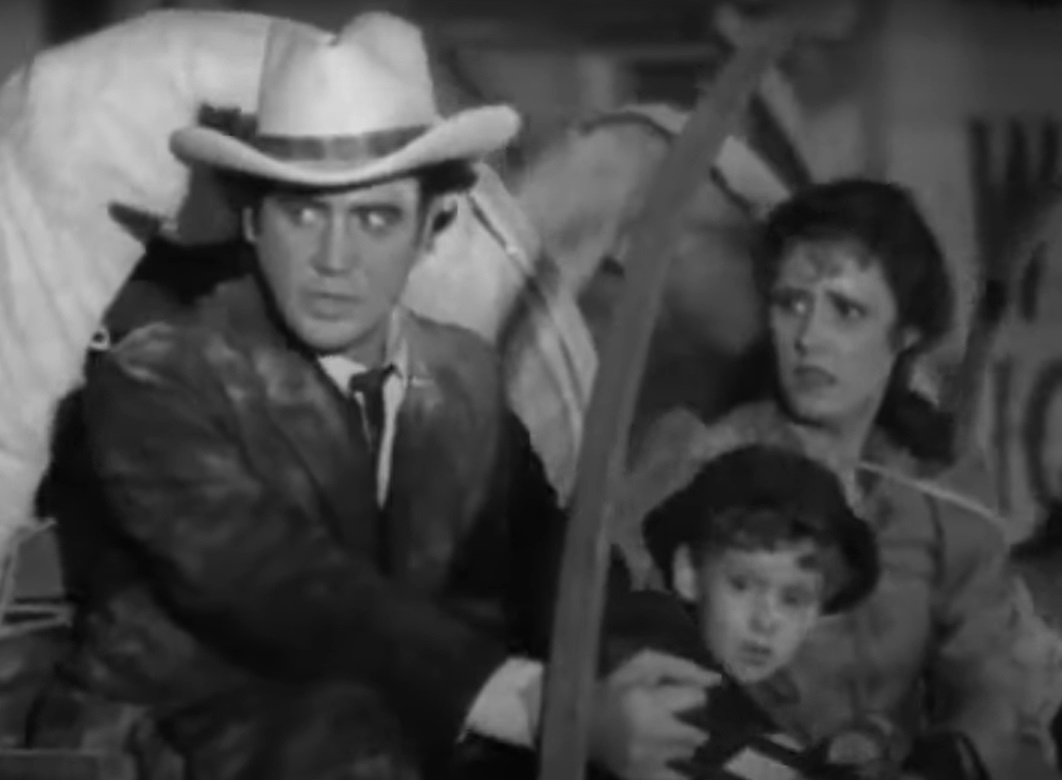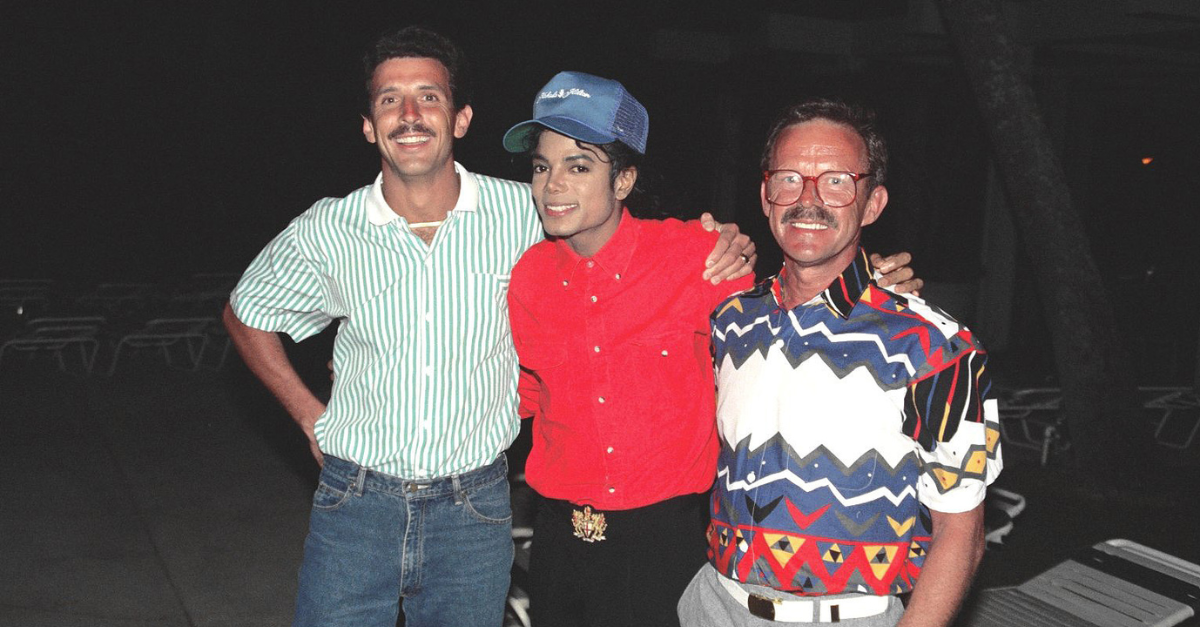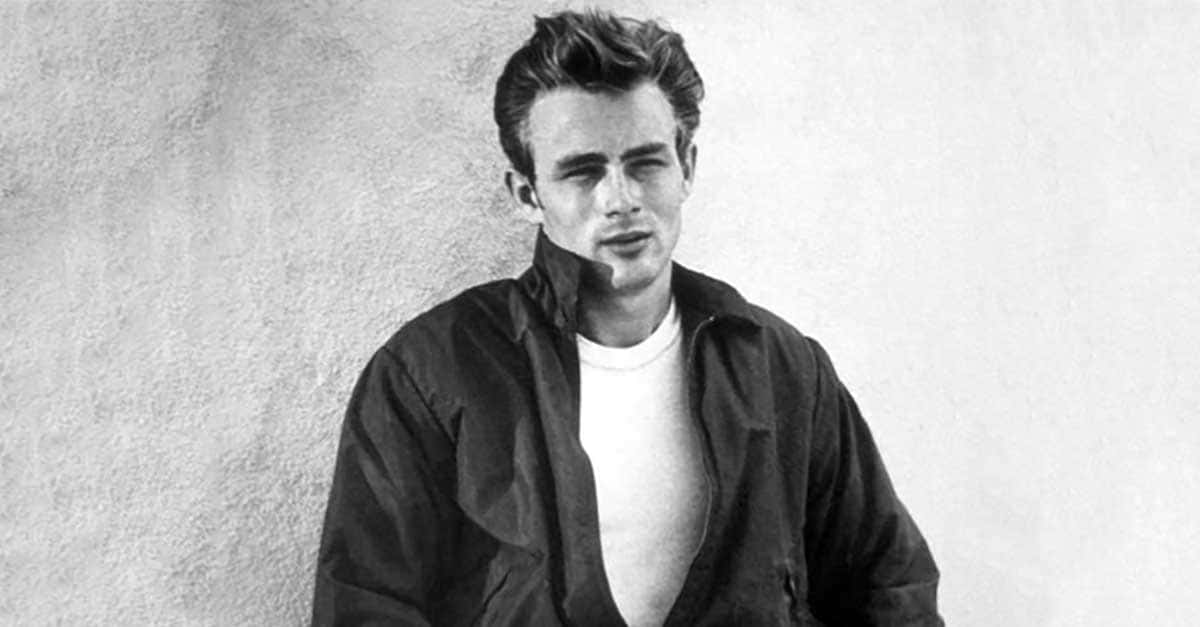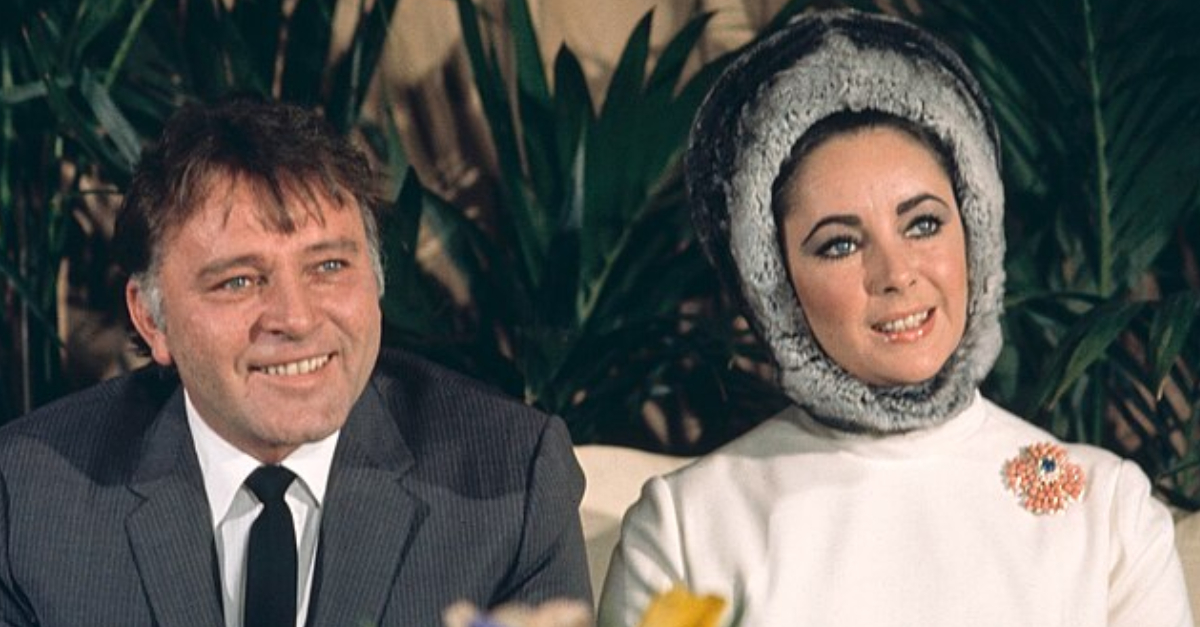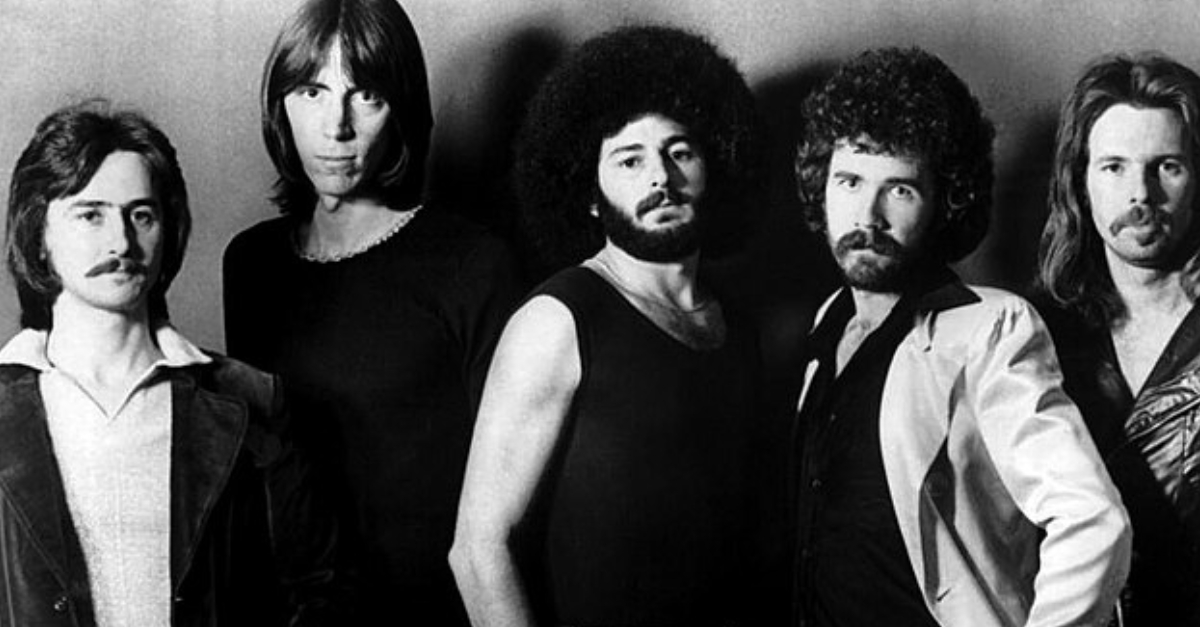Worthy Winners?
The Academy of Motion Picture Arts and Sciences (AMPAS) sometimes commandeer that certain films deserve recognition, but some viewers think otherwise. The following are often called "Oscar baits," which means they were made mainly to win awards and are not due to genuine artistry. Do you agree?

Crash (2004)
A bunch of strangers in Los Angeles end up crossing paths in this drama that sort of divides people over race. Even with a star-studded cast, viewers weren’t a fan of how it made a race-biased law enforcer seem like a hero and handled discrimination with a "can’t we all just get along" vibe.
 Official Trailer: Crash (2004) by nickbtube
Official Trailer: Crash (2004) by nickbtube
Crash (2004) (Cont.)
People were surprised when it won Best Picture in 2006 in place of Brokeback Mountain, and many film fans were pretty upset about it. Director Paul Haggis even said he didn't think it was the best movie that year. The film features Sandra Bullock, Matt Dillon, and many others.
Green Book (2018)
This road trip movie about a black pianist and his white driver snagged the Best Picture award in 2019, and honestly, even the Oscars crowd looked a bit shocked. Dr. Don Shirley's family wasn’t happy, though, as they felt the film really messed with the truth.
Green Book (2018) (Cont.)
Critics said it was old news and missed the mark, especially since it defeated innovative films like Black Panther and BlacKkKlansman. Things got even messier when folks found out about director Peter Farrelly's past inappropriate behavior of a “joke” on set.
 Green Book - Official Trailer [HD] by Universal Pictures
Green Book - Official Trailer [HD] by Universal Pictures
Shakespeare in Love (1998)
A win that totally shook up how Oscar campaigns worked? Here you go. Shakespeare in Love proved that a strong marketing push could sway the voters. Surely, a lot of people did like Gwyneth Paltrow and Judi Dench in the movie, but many were sad that Spielberg's intense drama didn’t win.
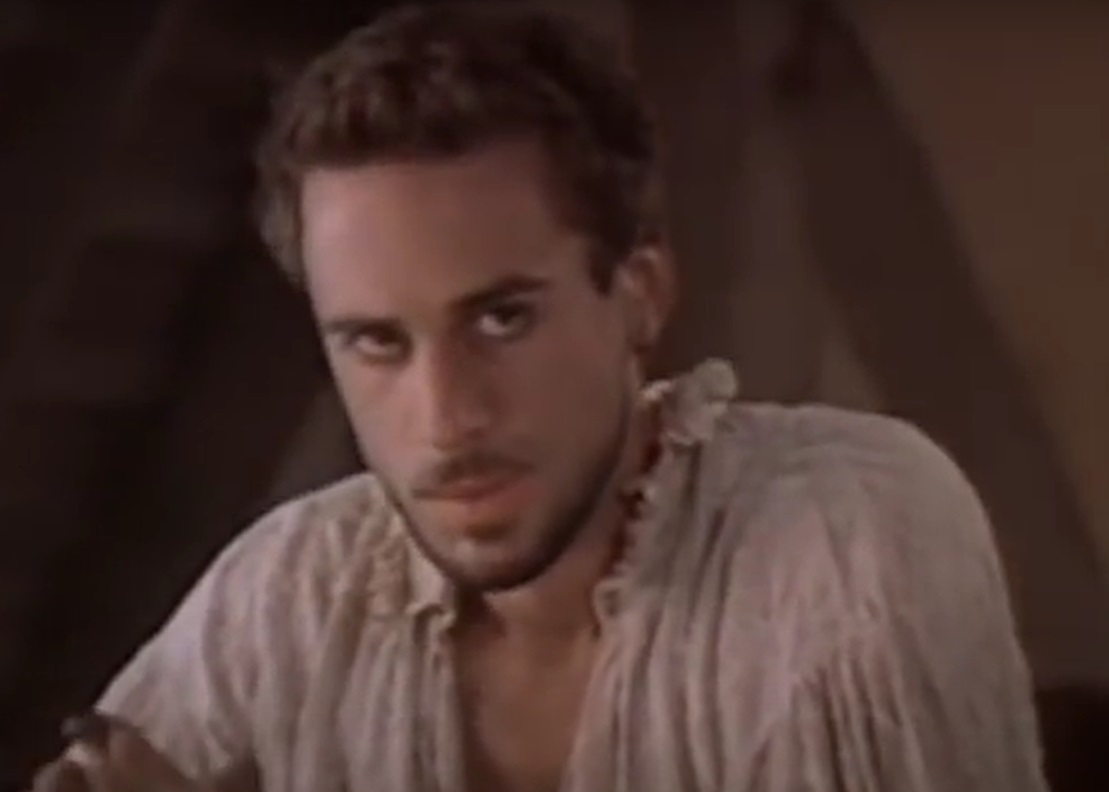 Miramax, Shakespeare in Love (1998)
Miramax, Shakespeare in Love (1998)
Shakespeare in Love (1998) (Cont.)
This is basically a romantic comedy about young William Shakespeare. You wouldn’t believe it, but it beat a piece like Saving Private Ryan. The film won seven Academy Awards too, including Best Picture, Best Actress (Gwyneth Paltrow), and Best Supporting Actress (Judi Dench).
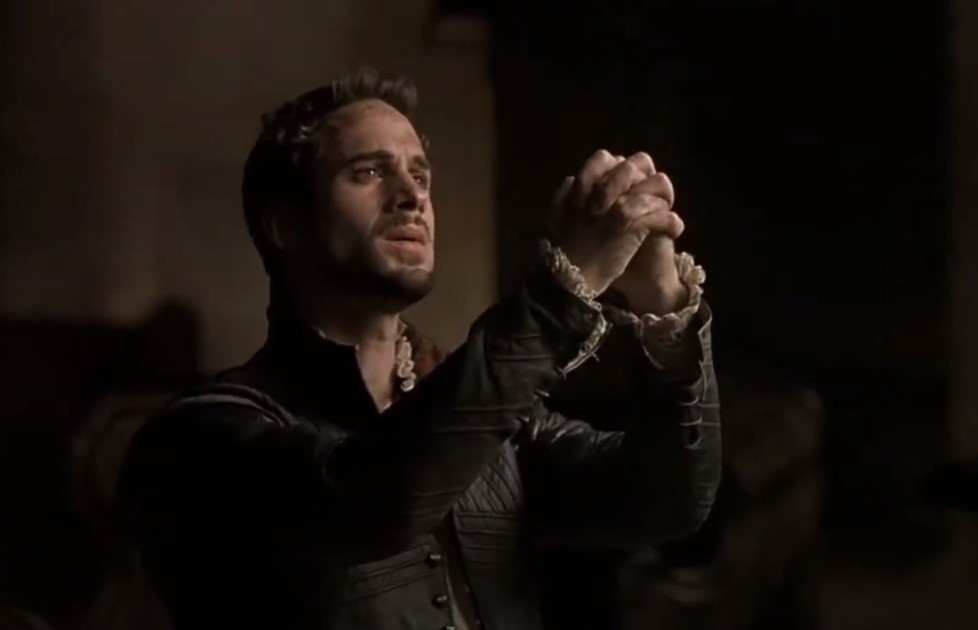 Universal, Shakespeare In Love (1998)
Universal, Shakespeare In Love (1998)
Dances with Wolves (1990)
Kevin Costner's three-hour western about a soldier living with Native Americans may have felt incredible back in 1990. But nowadays, critics are not fine with its "white savior" plot and long-running time. Even Costner's directing style seems a bit pretentious now.
 Dances With Wolves (1990) - Kevin Costner Western Movie HD by Rotten Tomatoes
Dances With Wolves (1990) - Kevin Costner Western Movie HD by Rotten Tomatoes
Dances with Wolves (1990) (Cont.)
A lot of the backlash actually came from it overthrowing Martin Scorsese's Goodfellas, which is now seen as one of the best mob movies out there. Also, the way the movie tries to show Native American life comes off as more condescending than respectful.
 Dances With Wolves (1990) - Kevin Costner Western Movie HD by Rotten Tomatoes
Dances With Wolves (1990) - Kevin Costner Western Movie HD by Rotten Tomatoes
American Beauty (1999)
This movie is about Lester Burnham (Kevin Spacey), a middle-aged advertising executive who experiences a midlife crisis. It has secured five Oscars at the 72nd Academy Awards and grossed around $350 million worldwide against a budget of $15 million.
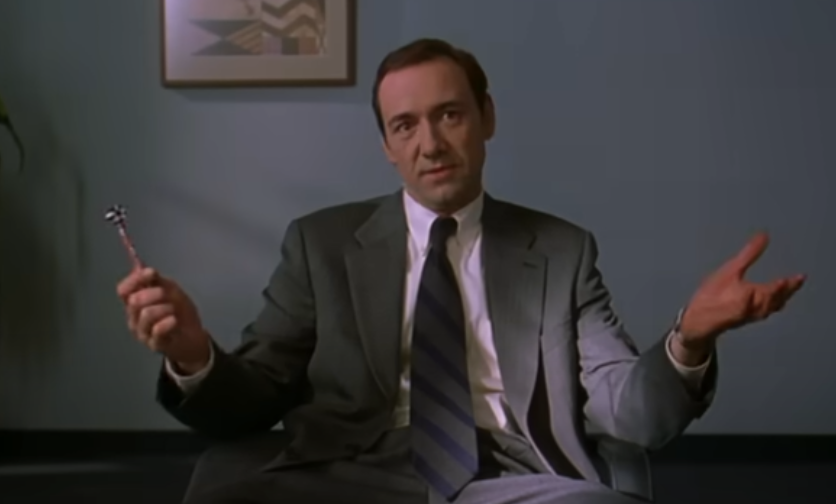 DreamWorks, American Beauty (1999)
DreamWorks, American Beauty (1999)
American Beauty (1999) (Cont.)
The storyline about Lester getting obsessed with a teenage girl took a dark turn since it dealt with sexual grooming and predatory behaviors. Things got worse for the film’s reputation when Kevin Spacey, the star, faced serious accusations in October 2017.
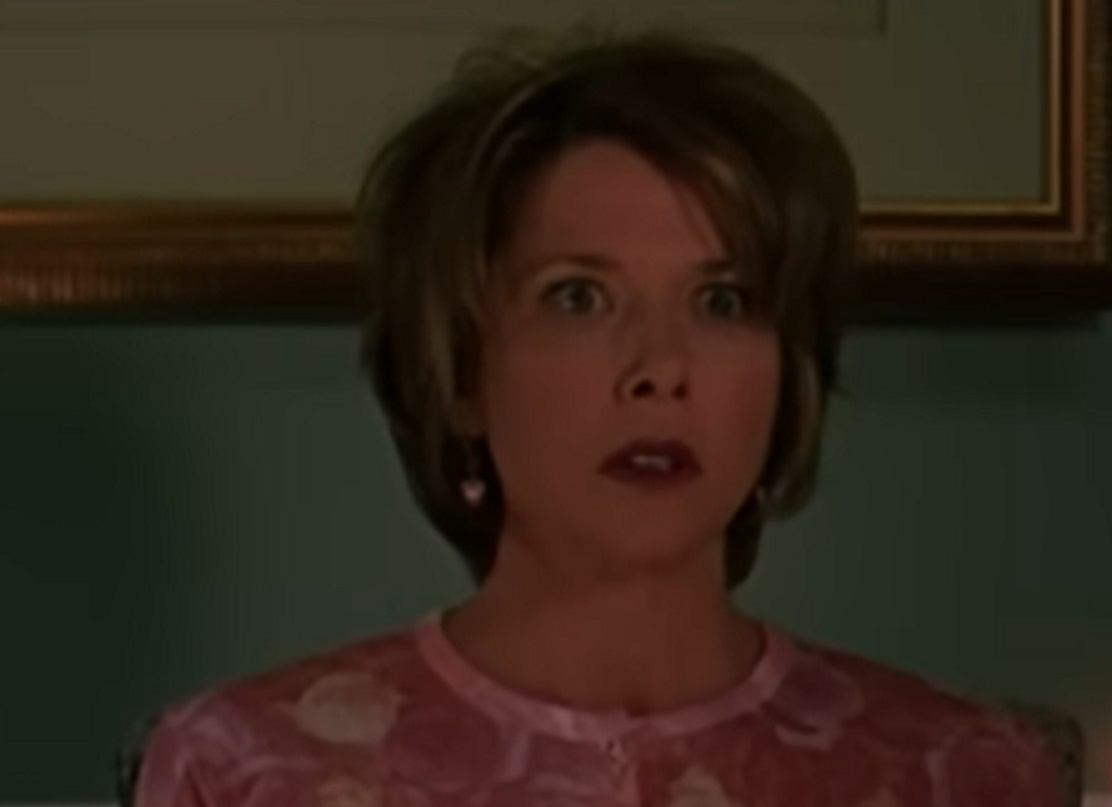 Dreamworks, American Beauty (1999)
Dreamworks, American Beauty (1999)
The King's Speech (2011)
The King’s Speech wasn't poorly made, but it had some tough competition with Christopher Nolan's Inception and David Fincher's The Social Network. Director Tom Hooper became known as an Oscar-worthy filmmaker thanks to this win, in February 2011.
 The King's Speech - Trailer (deutsch/german) by LEONINE Studios
The King's Speech - Trailer (deutsch/german) by LEONINE Studios
The King's Speech (2011) (Cont.)
This eventually led to him making Cats—yeah, the one that's often called the worst movie ever. Anyway, the Oscar winner was directed by Tom Hooper, focusing on King George VI's struggle with a speech impediment and his relationship with his speech therapist, Lionel Logue.
 The King's Speech - Trailer (deutsch/german) by LEONINE Studios
The King's Speech - Trailer (deutsch/german) by LEONINE Studios
The King's Speech (2011) (Cont.)
Many viewers have called out some historical inaccuracies in the film. For instance, it depicts Winston Churchill as supportive of King George VI and critical of Edward VIII during the abdication crisis. Historically, however, Churchill was one of Edward VIII's strongest supporters, urging him not to abdicate.
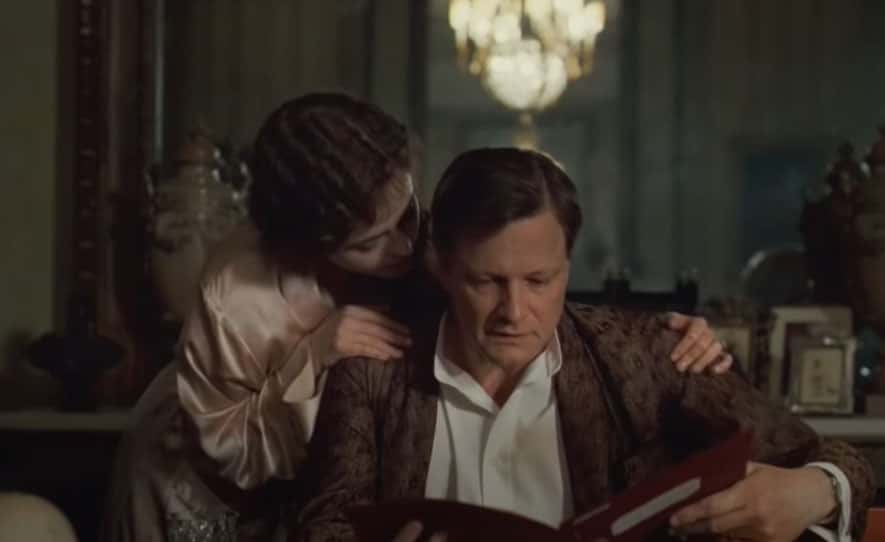 The King's Speech (2010), See-Saw Films
The King's Speech (2010), See-Saw Films
Around the World in 80 Days (1956)
Yes, it defeated the film Giant. But this adventure comedy about a guy traveling the world is said to have won the Best Picture award only because of all the crazy celebrity cameos like Frank Sinatra and Marlene Dietrich. The film premiered on October 17, 1956.
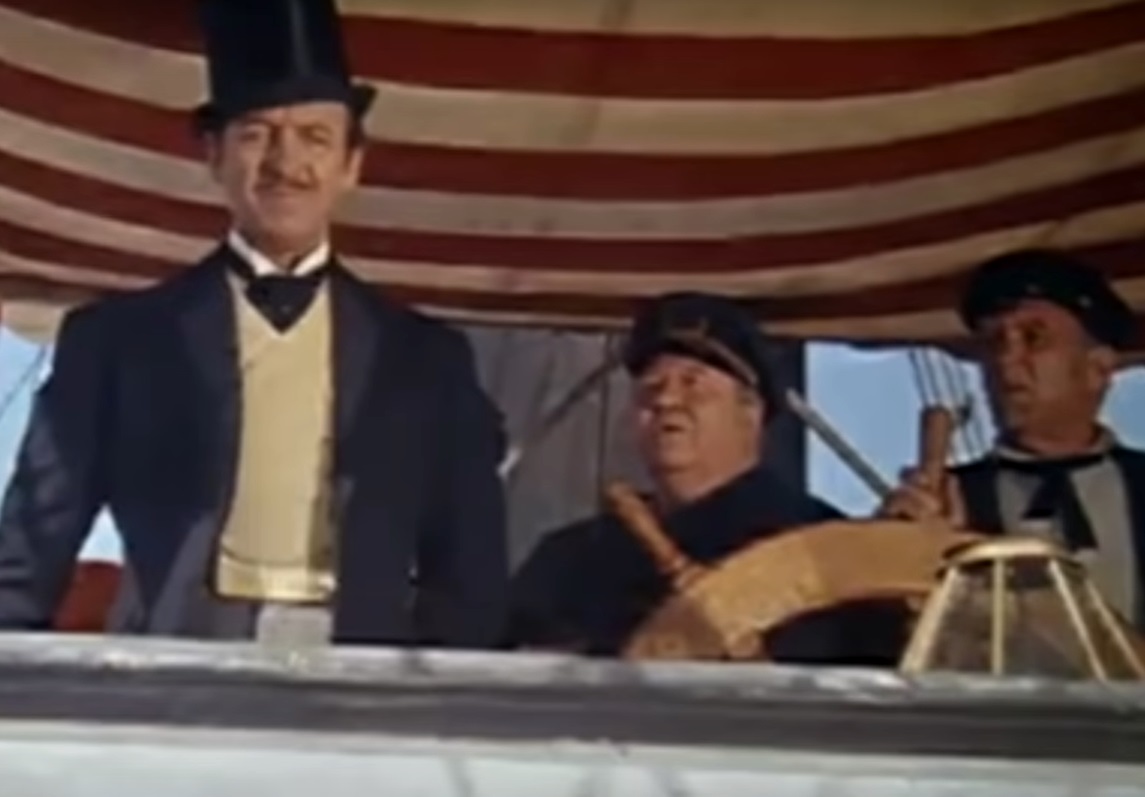 United Artists, Around the World in 80 Days (1956)
United Artists, Around the World in 80 Days (1956)
Around the World in 80 Days (1956) (Cont.)
While British humor might have worked in its time, modern audiences find it cheap and ineffective. One audience review even pointed out that "The only Indian thing about Shirley MacLaine was her costume", looking at the inauthenticity of her casting.
How Green Was My Valley (1941)
Here is a 1941 drama film directed by John Ford. It was based on the novel written by Richard Llewellyn. Some people think the Academy played it safe by giving the award to this film, as it had a traditional storytelling vibe and themes based on family and community.
 Twentieth Century, How Green Was My Valley (1941)
Twentieth Century, How Green Was My Valley (1941)
How Green Was My Valley (1941) (Cont.)
Of course, the multi-generational story had merits, but it's mostly remembered as the answer to "Which film beat Citizen Kane at the Oscars?" Citizen Kane, Orson Welles' mind-blowing film, received eight other nominations but only won for Best Original Screenplay.
Gigi (1958)
Apparently, Gigi won instead of the film The Defiant Ones, which was a powerful film about race-biased strife. This one was a musical romance that won all nine Oscars it was nominated for, but what’s the point if modern viewers find its content deeply troubling?
Gigi (1958) (Cont.)
Critics have literally described it as "The most creepy, pedophiliac movie to ever win Best Picture”. Lacking substance, the plot is about a 16-year-old learning to be a courtesan, and it has the tune "Thank Heaven for Little Girls” in it.
 Gigi (1958) - Theatrical Trailer by Allusion to Shadow
Gigi (1958) - Theatrical Trailer by Allusion to Shadow
The Greatest Show on Earth (1952)
Cecil B. DeMille directed this circus movie and it is mostly remembered as the one that inspired a young Steven Spielberg to become a filmmaker. But, beyond that, it is seen as a "gaudy circus spectacular" that has flashy visuals and circus acts instead of a logical story.
 Paramount, The Greatest Show on Earth (1952)
Paramount, The Greatest Show on Earth (1952)
The Greatest Show on Earth (1952) (Cont.)
Some people think the Academy chose The Greatest Show on Earth to acknowledge Cecil B. DeMille's long career in Hollywood. After all, this was seen as a final opportunity for him to win a competitive Oscar. The movie won two Academy Awards at the 25th Academy Awards.
 The Greatest Show on Earth (1952), Paramount Pictures
The Greatest Show on Earth (1952), Paramount Pictures
The Broadway Melody (1929)
This one’s about two vaudeville sisters trying to hit it big on Broadway. It was the first musical to secure the Best Picture award. While it set the stage for movie musicals and did well at the box office, people thought it was basic and overdone.
The Broadway Melody (1929) (Cont.)
The movie shows some awkward acting, a predictable storyline, and dull visuals. All this highlights the struggles Hollywood faced while shifting from silent films to “talkies”. Although a musical, only one number, "The Wedding of the Painted Doll," is considered good.
 You Were Meant for Me, Charles King & Anita Page, from The Broadway Melody 1929 by Bugg Zugg
You Were Meant for Me, Charles King & Anita Page, from The Broadway Melody 1929 by Bugg Zugg
Cimarron (1931)
Cimarron was apparently the first Western to win Best Picture at the 4th Academy Awards in 1931. Even though it was considered a big deal, the movie turned out to be pretty race-biased, even for the 1930s. The character Sabra Cravat frequently uses offensive terms describing Native Americans.
Cimarron (1931) (Cont.)
Most notably, it outshined The Front Page, one of the all-time great farces co-written by Ben Hecht. This one set up the cinematic language for witty, dialogue-rich comedies. Anyway, Cimarron tells the story of Yancey Cravat and his wife, Sabra, during the Oklahoma land rush in 1889.
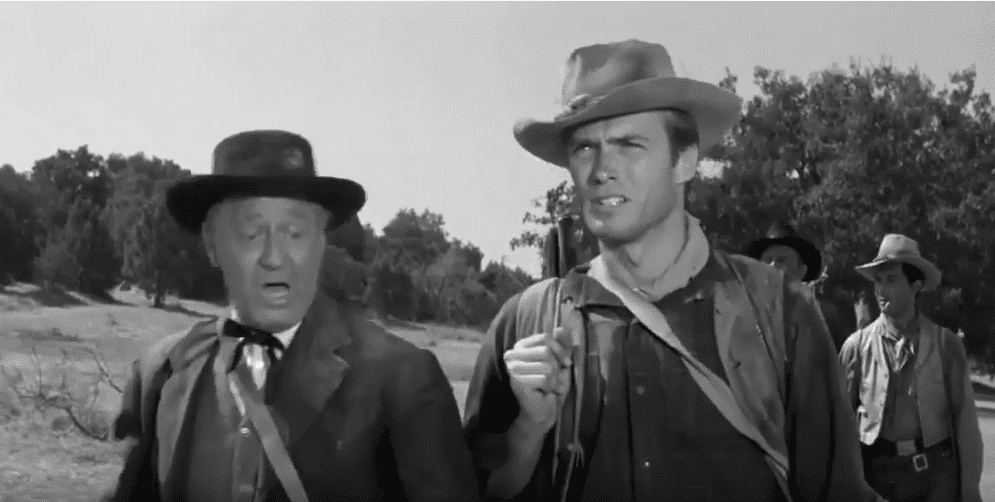 Ambush at Cimarron Pass (1958), Regal Films Inc
Ambush at Cimarron Pass (1958), Regal Films Inc




